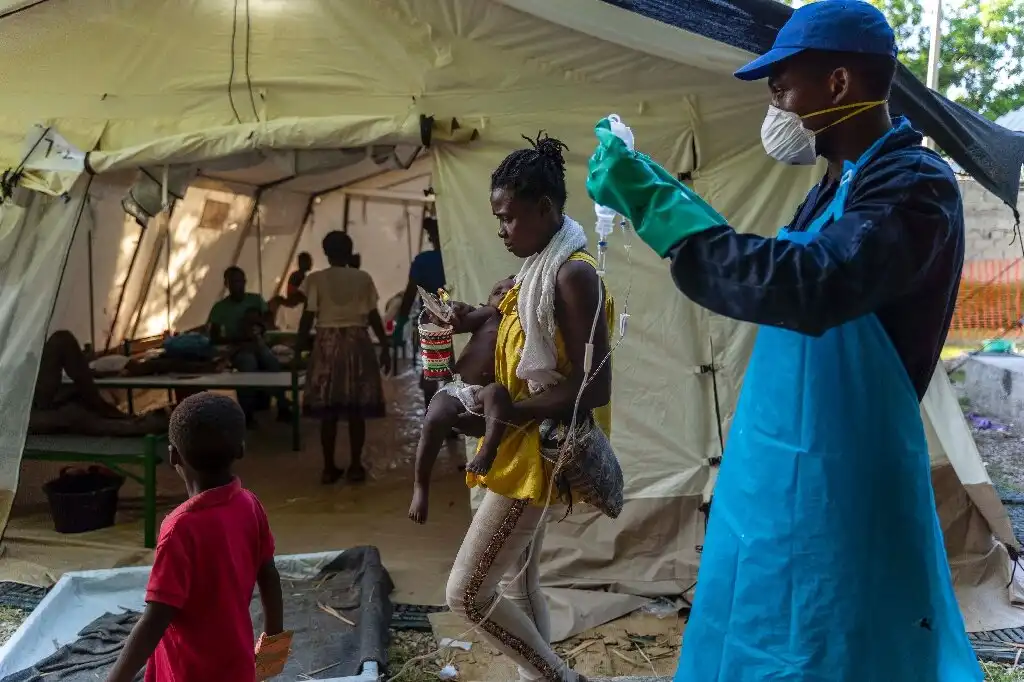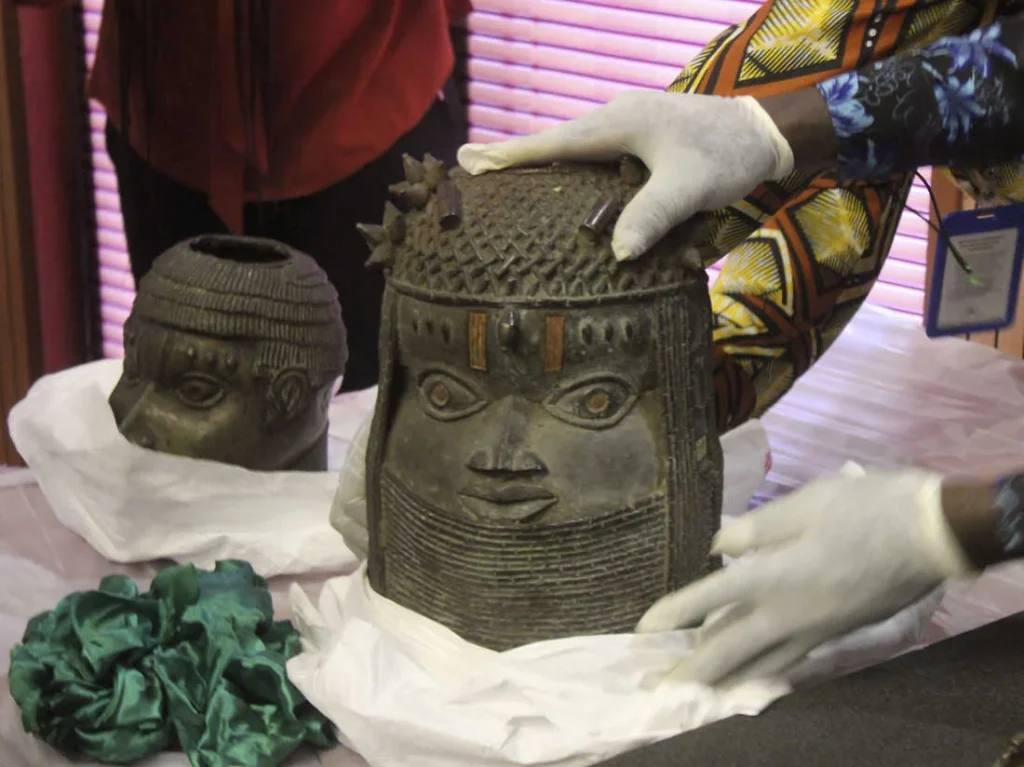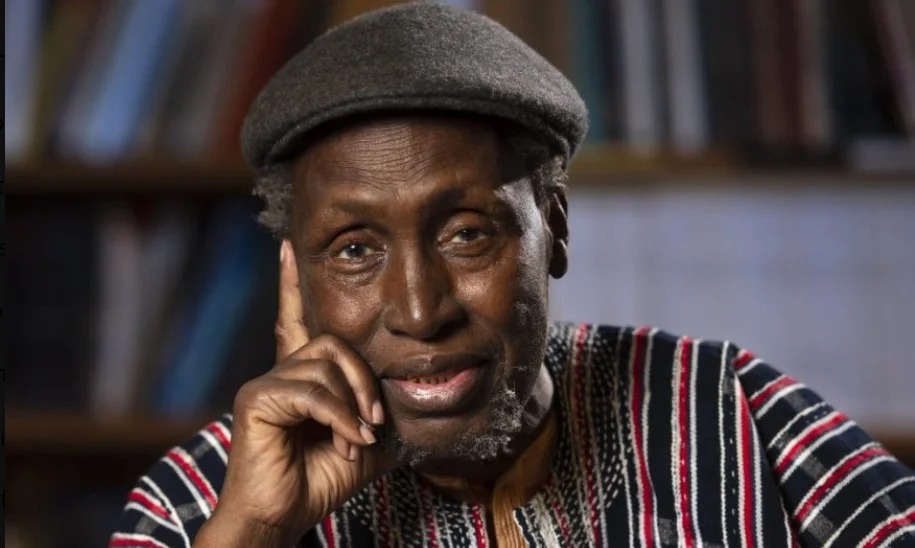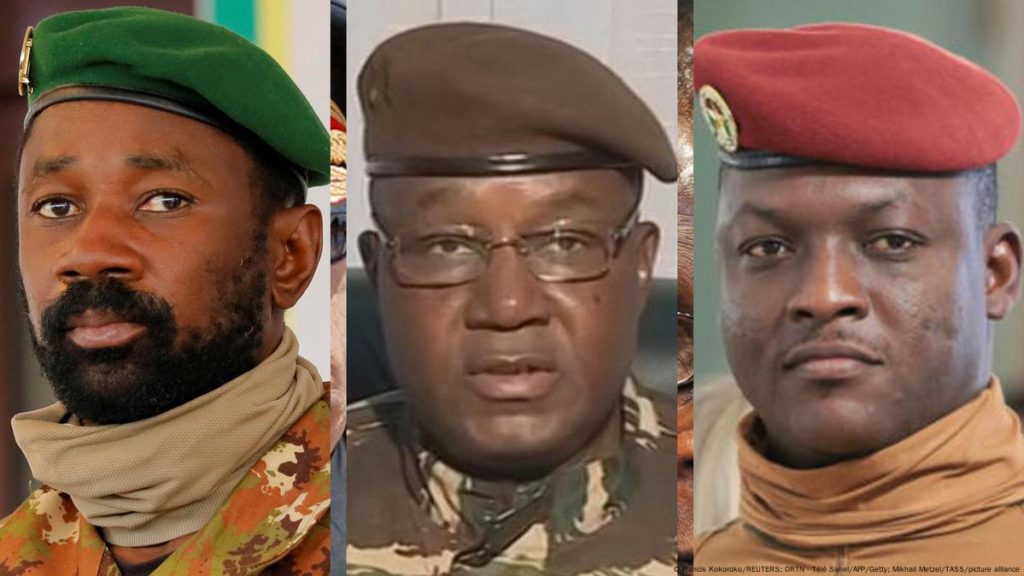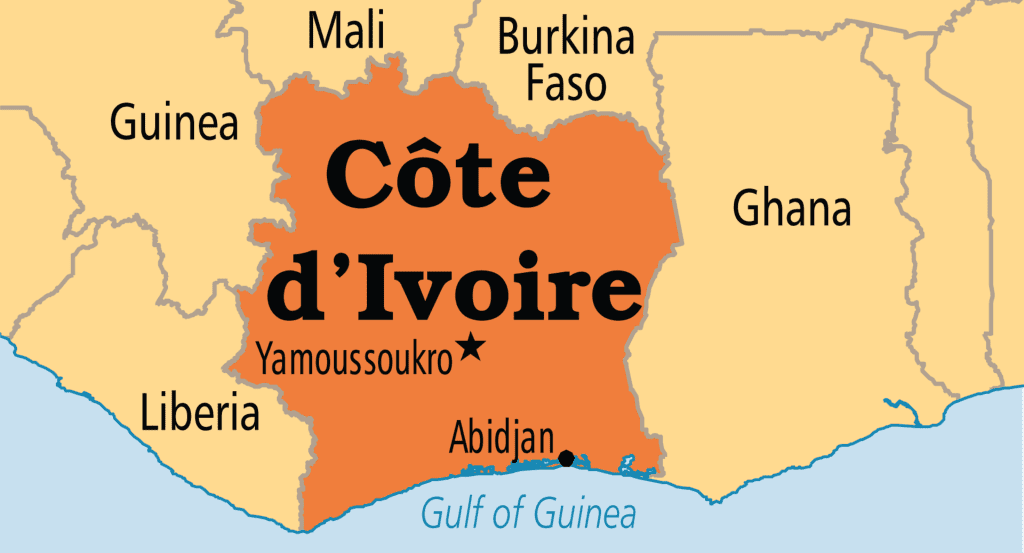Five months after admitting to killing 85 civilians in an airstrike, the Nigerian army has taken action against those responsible.
On Thursday, May 2nd, the Director of Defence Media Operations announced that two military personnel are now facing a court martial.
The incident occurred on December 3rd of last year when an army drone accidentally struck Tudun Biri village in northwestern Nigeria. At the time, civilians were celebrating a Muslim festival.
Major General Edward Buba, speaking to reporters in Abuja, explained that the civilians were mistakenly identified as terrorists. He also mentioned that after a thorough investigation, the army decided to take disciplinary action against those found responsible.
The individuals involved will face a court martial for their actions, whether through negligence or intent. However, Major General Buba did not provide additional details about the case.
In Nigeria, the armed forces often use airstrikes in their fight against bandit militias in the northwest and northeast regions, where jihadists have been engaged in conflict for the past 14 years.
The court martial proceedings against the military personnel are seen as a significant step toward accountability within the Nigerian armed forces.
This move could set a precedent for handling similar incidents in the future, as the military continues its operations in conflict-prone areas.
The use of airstrikes has been a controversial tactic in Nigeria’s fight against banditry and insurgency, particularly because of the risk of civilian casualties.
The tragic incident in Tudun Biri village has renewed calls for more stringent measures to prevent such mistakes and to protect innocent lives.
Human rights organizations and local communities have long urged the Nigerian government and military to exercise greater caution and to improve their intelligence operations to avoid targeting civilians.
The court martial may also serve as a message that the military is taking these concerns seriously and is willing to hold its personnel accountable for their actions.
As the court martial progresses, many Nigerians will be watching closely to see the outcome and to assess the implications for military conduct in the ongoing conflicts in the northwest and northeast.
The case highlights the delicate balance between national security and the protection of civilian lives, a challenge that continues to confront Nigeria as it battles various armed groups across the country.
The Nigerian government, meanwhile, faces the ongoing task of addressing the root causes of these conflicts, including poverty, unemployment, and lack of education, which have fueled the rise of banditry and insurgency in the region.
As the military works to improve its operations, there is also a broader need for comprehensive strategies that combine military action with efforts to promote development and peace in affected areas.






